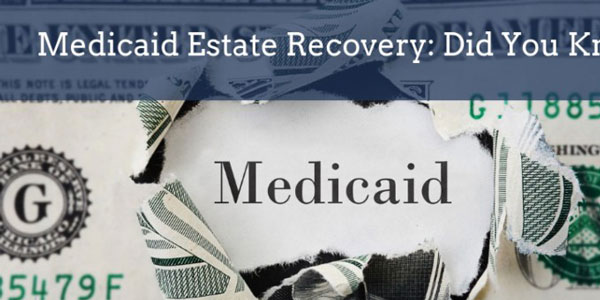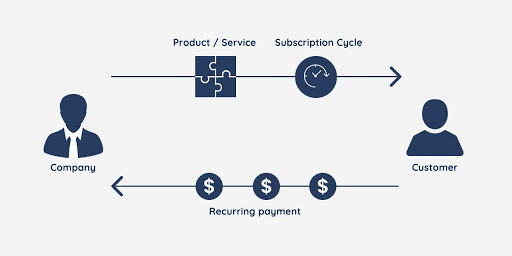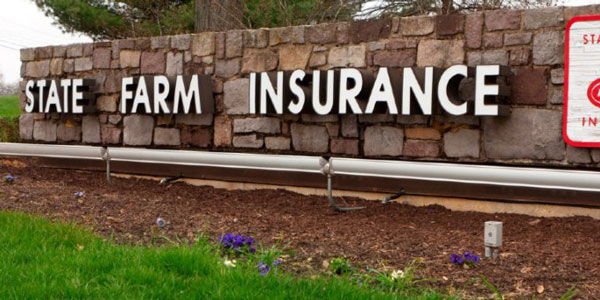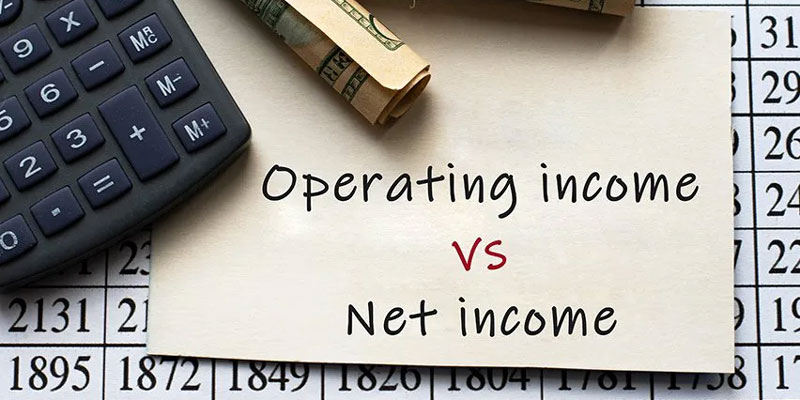How Does The Medicaid Estate Recovery Program Work?
Susan Kelly
Dec 21, 2023
Those with low means can cover their medical bills through Medicaid, a government program. As we age, we can make use of several of these services. Medicaid covers expenses for services that allow patients to remain in the comfort of their own homes. It also covers the nursing home care cost for those requiring it. If I qualify for Medicaid, would the government seize my property? Many seniors and their caretakers wonder about this. Estate recovery refers to the procedure through which a state can attempt to recuperate some of the expenses of Medicaid nursing home and home and community-based care.
What Role Does MERP Play In The Process?
After the passing of a Medicaid recipient, the state agency will often write to a surviving family member, such as a beneficiary or indeed the executor of the estate, to request payment for any long-term care expenses that Medicaid had covered. The Medicaid agency will be submitting a claim for reimbursement, and this letter only informs the family of that fact. A Medicaid agency can only seek to recover the amount it paid out from an individual's estate. So, if Medicaid pays $153,000 and the estate is worth $300,000, they can only take $153,000.
Who Is Affected By Estate Recovery?
People receive Medicaid benefits Medicaid estate recovery applies to all individuals who seem to be 55 or older or anyone who is permanently institutionalized. Estate recovery allows governments to recoup some of these patients' Medicare and Medicaid expenses (see below). Medicaid recipients are essentially given loans to pay for their nursing home stays and other long-term care needs. After their eventual death or confinement to a mental institution, the money is due to the state through an interest-free loan through the estate recovery process.
Is Estate Recovery Available For All Medicaid Benefits?

Beneficiaries who are Specified Low-Income Beneficiaries (SLMBs), Qualified Medicare Beneficiaries (QMBs), Eligibility Individuals (QIs), as well as Qualified Having to work Disabled Individuals (QWDIs) have always been protected from estate recovery for premium assistance (QDWI). In some parts of the country, people can get both Medicaid and MSP simultaneously. If you or an adored one sign up for the Medicare Savings Program instead of traditional Medicaid, the government isn't going to take your assets.
How Does The Estate Recovery Process Work?
When a Medicaid recipient passes away, their inheritance (if they have one) will first be utilized to settle outstanding bills and then distributed to their heirs. Properties and accounts held entirely in the recipient's name, such as a home and savings or retirement accounts, are considered part of the estate. All assets, even those held in living trusts or jointly with others, may be susceptible to estate recovery in several states.
Can Medicaid Foreclose On Someone's Home?
Medicaid debts may be partially recouped through the sale of the Medicaid recipient's personal property. When Medicaid users are in a facility, they are not expected to be released, or when the patient dies, the state may file a lien against their assets. However, the form is prohibited from seizing or placing a lien on the property if the following members of the beneficiary's family currently reside there:
- A surviving spouse, a kid under 21, children who are legally blind or disabled, and perhaps a sibling who has lived in the house for at least a year before the beneficiary's nursing home admission are all eligible to receive the beneficiary's home equity.
- The lien will be released if the recipient moves back in with the homeowner or the property is sold, and Medicaid is repaid. Depending on the state.
How Can I Find Assistance With Estate Recovery?

Medicaid estate recovery rules can be confusing and vary from state to state. If you need some guidance, you can contact: Legal assistance organizations in your area work with low-income Americans; state or county Medicaid offices.
Many States Have A Program Helpline Or Website
Furthermore, the Medicare Savings Programs can all be applied for with the support of the State Health Insurance Assistance Program (SHIP), which is available in every state.
Conclusion
After quite a Medicaid recipient's death, the program may file a claim for recovery of some of the money spent on their care. Learn about estate recovery, how it is carried out, and where you may go for help if you are a prospective target. Medicaid is a government program that helps people with low incomes pay for medical care. This kind of assistance is frequently offered to the elderly. Medicaid will pay for services that help people keep their homes so they may live independently longer.







